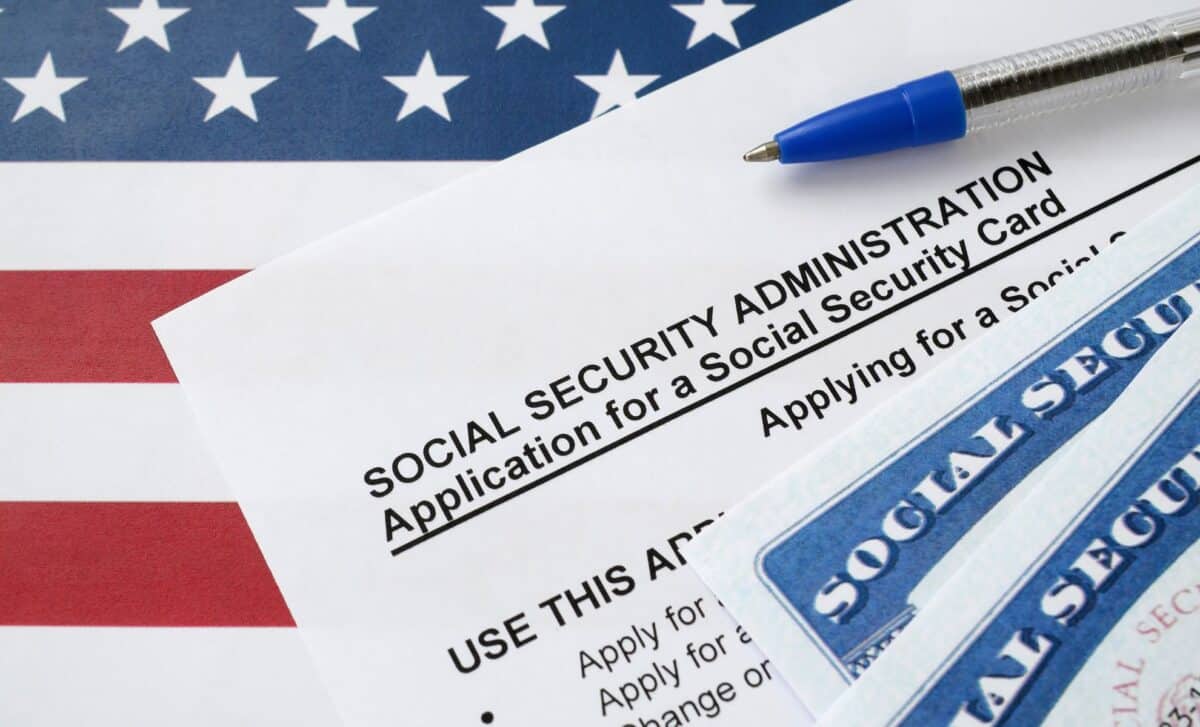A new proposal by the Social Security Administration (SSA) could disrupt payments for thousands of beneficiaries by barring certain representative payees from managing Social Security benefits.
If passed, the change could affect as many as 170,000 individuals, including children, disabled adults, and elderly people relying on someone else to handle their benefits.
The SSA’s proposed policy targets representative payees, individuals who manage benefits on behalf of others who are unable to do so themselves. While these payees are often parents or spouses, the new rules would require that they hold a valid Social Security number.
If a payee fails to meet this condition, they may no longer be eligible to manage benefits, potentially leaving beneficiaries in a vulnerable position.
The Impact on Disabled, Elderly, and Low-Income Beneficiaries
The proposed change could disrupt the lives of many individuals who rely on someone else to manage their monthly Social Security checks. According to the SSA, the new rule would affect both individuals currently receiving retirement or disability benefits and those with low-income benefits.
In many cases, a parent or guardian of a disabled child, or a spouse caring for a partner with a serious illness, would traditionally act as a representative payee.
Without the ability to act as payees, these caregivers—who are usually best suited to manage the beneficiary’s funds—could be replaced with organizations or individuals who may not have the same level of understanding or commitment to the beneficiary’s needs.
This shift could increase the risk of financial mismanagement or fraud, according to Kathleen Romig, director of Social Security and disability policy at the Center on Budget and Policy Priorities.
The proposal could also affect beneficiaries who live overseas, including widows or widowers receiving benefits from deceased spouses. In these cases, the SSA estimates that up to 170,000 representative payees might be impacted.
The change would create additional challenges for the SSA, as tracking down suitable replacement payees is a daunting task. Furthermore, institutional payees such as child welfare agencies may no longer be able to provide adequate support in these cases.
Underlying Causes of the Proposal
While the SSA has not explicitly stated the reasons behind this proposal, some analysts suggest it may be rooted in political pressures and misinformation. According to Martin O’Malley, former SSA commissioner, claims that undocumented immigrants have been receiving benefits have contributed to a surge in calls to the SSA.
To counteract this misinformation, the SSA has even posted disclaimers on its website to clarify that such claims are false.
The proposal, if implemented, would allow those who have propagated this misinformation to claim that they have prevented Social Security payments from going to undocumented immigrants.
However, critics argue that this policy would ultimately hurt American citizens who rely on their payees to manage their benefits, adding unnecessary complexity to an already convoluted system.









